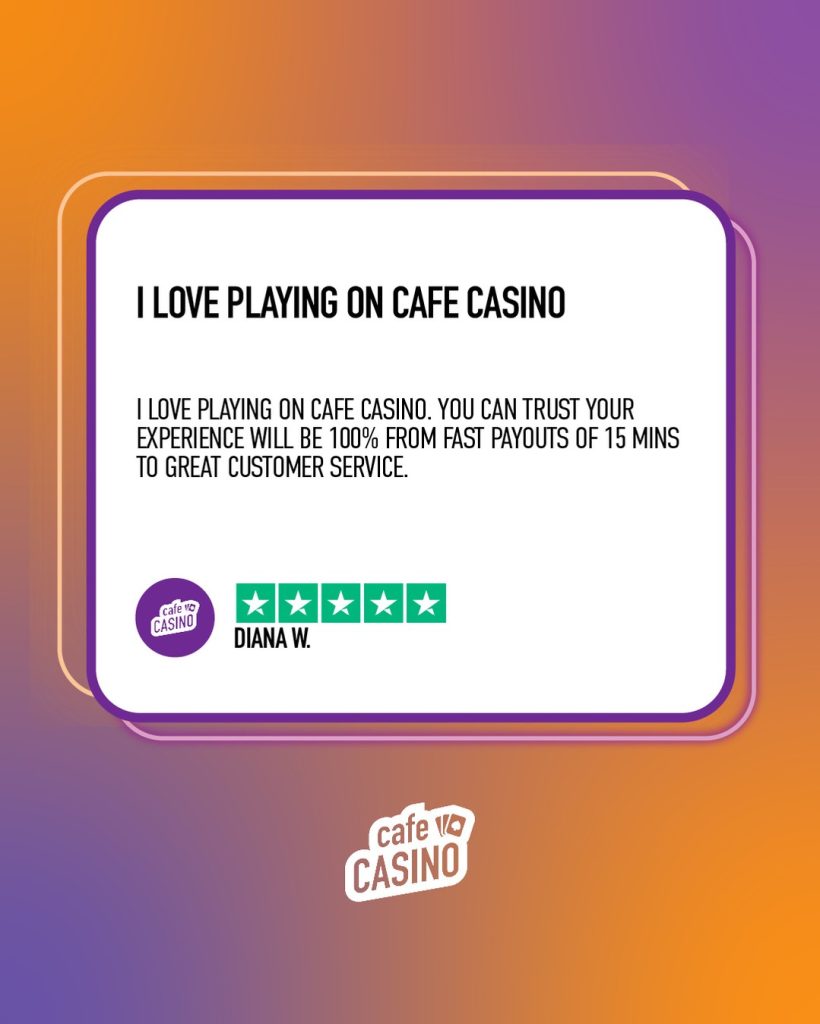Withdrawal times can feel inconsistent if you only watch one status label. By the end of this guide, you will be able to separate casino processing from payment network settlement, and you will have a simple timeline log to track each stage from request to receipt.
There are many different factors that can affect how long a transaction takes, and understanding them is helpful in getting a better grasp of why payment times can vary. Some waits happen before the platform releases a withdrawal, and others happen after release in the payment system you chose, so milestones matter more than a single “average” timeframe. The financial world is changing rapidly, so don’t assume that just because a certain approach used to be the fastest, it always will be.
Before you time anything, do a quick rules check so you are not measuring the wrong thing. Promotions can add conditions that delay a withdrawal until they are met, which can look like a slow payout when the request is simply not eligible yet. A practical way to reduce confusion is to open the exact promotion you accepted and read it like a checklist: eligibility, time windows, and any language that connects the offer to withdrawals.
The Cafe Casino welcome bonus page can be used as a neutral reference for how promotional terms are typically worded across the industry. When reviewing any offer, start by checking whether specific requirements must be completed before a withdrawal request is processed. It’s important to clearly separate promotional conditions from payout processing times, as unmet terms are often mistaken for delays caused by payment methods. As a best practice, note the promotion name as part of your verification process and assess the withdrawal timeline only after all related conditions have been fulfilled.
If you want a quick illustration of how users describe speed, this Instagram review post shows a testimonial-style claim in the wild.
Reviews like this can give you some indication of the timeframes you’d expect to see from that casino.
The Two Clocks Behind Every Withdrawal
Every withdrawal depends on two clocks: casino processing (internal checks and approval) and payment network settlement (what happens after release). The most useful question is “has it been released yet,” as this gives you information about the part of the process the casino has the most control over.
Once the withdrawal has been approved by the casino, it’s up to the payment platform you are using to determine how quickly those funds reach you, and this can vary significantly depending on whether you are receiving your funds in fiat money or crypto. For background terms around crypto payments, see this explainer on cryptocurrency and blockchain technology.
Status Labels and What They Usually Mean
Most progress labels map to the same stages:
| Common Status | Usually Indicates | What To Check Next |
| Requested or Submitted | Your withdrawal is queued | Confirm method and timestamp |
| Pending or In Review | Still on the casino clock | Check for unmet conditions |
| Processing | Not yet released | Look for an approval update |
| Approved or Accepted | Cleared to be sent | Watch for “sent” or a reference |
| Sent | Now on the network clock | Check your payment side for activity |
| Completed | Finished end-to-end | Confirm receipt on your side |
Waiting often feels longer when you cannot tell why you are waiting. Research on service delays links better information and expectations to better evaluations of the waiting experience.
Crypto Versus Card Timing Differences
How long crypto withdrawals take at online casinos depends on when the platform releases the withdrawal and how quickly the network confirms it. Confirmation speed can vary with congestion, so double-check the network’s expected times before you submit.
Card withdrawals often take longer than crypto due to banking cut-off times and settlement windows. Even after approval, the payment network clock can move more slowly on weekends or outside banking hours.
A Step-by-Step Timeline Log
Keep a 6-line log in your notes app:
- Request time and method selected
- Status changes with timestamps
- Any on-screen reference number or message
- Release moment (approved or sent)
- Payment-side evidence (wallet entry or bank pending line)
- Resolution time
If nothing has been released or marked as “sent,” you are still on the casino clock. If it has been sent but not finalized, you are likely on the network clock.
If you need to contact support about an issue, make sure you include specifics: request time, current status label, method selected, and any reference shown. If the status has not changed for 24 hours, ask what stage it is currently in and whether anything is needed from you.
How to Set Realistic Expectations
Most frustration around withdrawals comes from unclear benchmarks. Instead of comparing one-off testimonials, build a baseline from your own data. Track at least three withdrawals using the same method, note the total duration each time, and calculate your personal average.
This creates a realistic range that reflects your location, bank, and preferred payment type, rather than general internet claims. Once you have a few entries, use that range to plan when to check the status or contact support. The goal is to replace guesswork with pattern recognition. Over time, you will know what “normal” looks like for you, making each future transaction feel predictable, transparent, and under your control.






